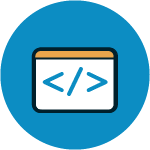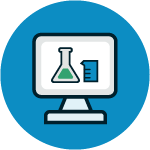Neuro-immune Interactions | 2020
Tracing the Origin and Progression of Parkinson’s Disease through the Neuro-Immune Interactome
Study Rationale: While inflammation of the brain caused by immune cells has been implicated in Parkinson’s disease (PD), it is unknown whether these cells attacking the brain initiate the disease. Moreover, there is new evidence that bacteria in the gut may actually trigger the immune system leading to disease initiation via the peripheral nerves that connect the gut with the brain. Team Hafler’s studies will integrate cutting-edge technologies in humans and pre-clinical models to determine whether the disease is mediated by immune cells recognizing alpha-synuclein, a key brain protein implicated in PD.
Hypothesis: Team Hafler hypothesizes that in a subset of cases, PD is initiated by an autoimmune event involving recognition of alpha-synuclein in the gut, and that interactions between the immune system and the peripheral and central nervous systems establish the disease in the brain.
Study Design: Team Hafler proposes integrating cutting-edge technologies in neuroimmunology, single cell genomics, gut microbiome, and computational biology to determine at unprecedented depth whether PD has the signature of autoimmune processes and explore how immune reactions initiate a process, from the gut, that spreads through the peripheral nervous system, and finally to the brain where neurodegeneration results in PD. First, Team Hafler will characterize T cell-mediated autoimmunity in PD; second, the team will evaluate the role of the microbiome in the initiation of PD and progression along the gut-to-brain axis; and third, they will define perturbations in the neuro-immune interactome in the PD brain.
Impact on Diagnosis/Treatment of Parkinson’s Disease: This work will reveal fundamental mechanisms that account for the initiation and progression of PD, uncovering disease- and tissue-specific profiles of autoreactive T cells and overall T cell surveillance that will lead to the discover of perturbed immune pathways in PD with potential application in the development of immunomodulatory therapies.
Leadership
Project Outcomes
The successful completion of Team Hafler's proposed studies will identify key immune pathways in the onset of Parkinson’s disease and determine whether to proceed with clinical trials using immunomodulatory drugs for the disease; such trials will aim to block the initiation of disease using immunosuppressive drugs in patients at risk of Parkinson’s disease. View Team Outcomes.
Team Outputs
Click the following icons to learn more about the team’s outputs:
Overall Contributions
Here is an overview of how this team’s article findings have contributed to the PD field as of June 2025. There are two different categorizations of these contributions – one by impact to the PD community and a second by scientific category.
Impact
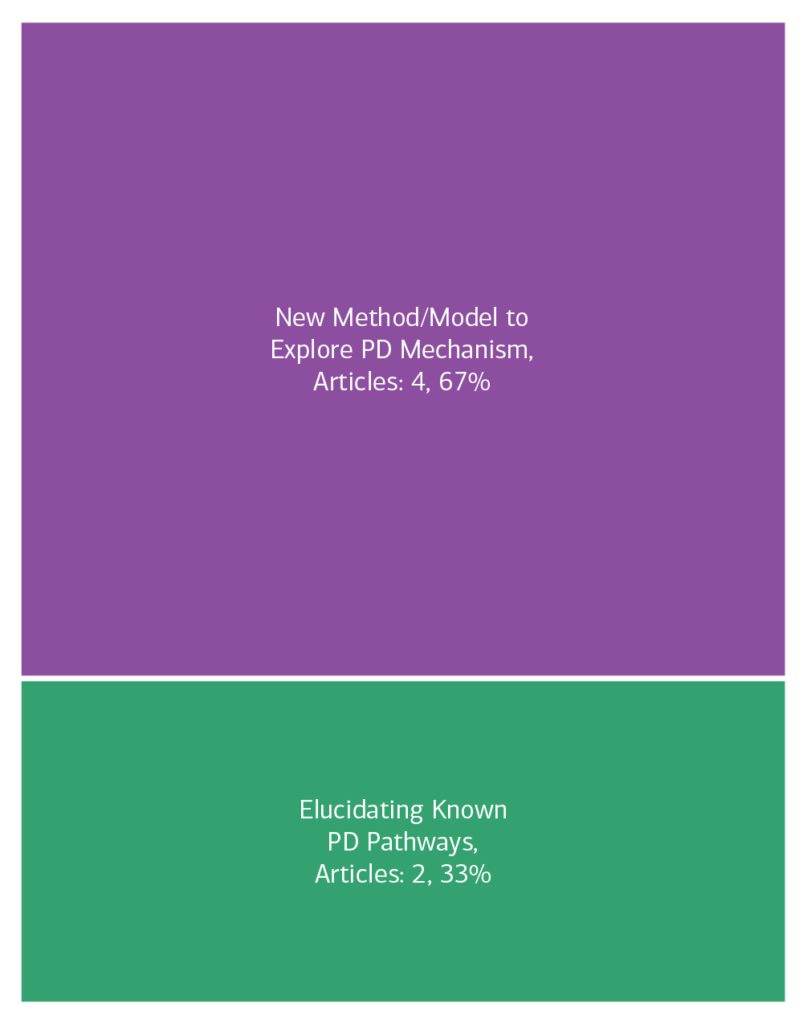
Category
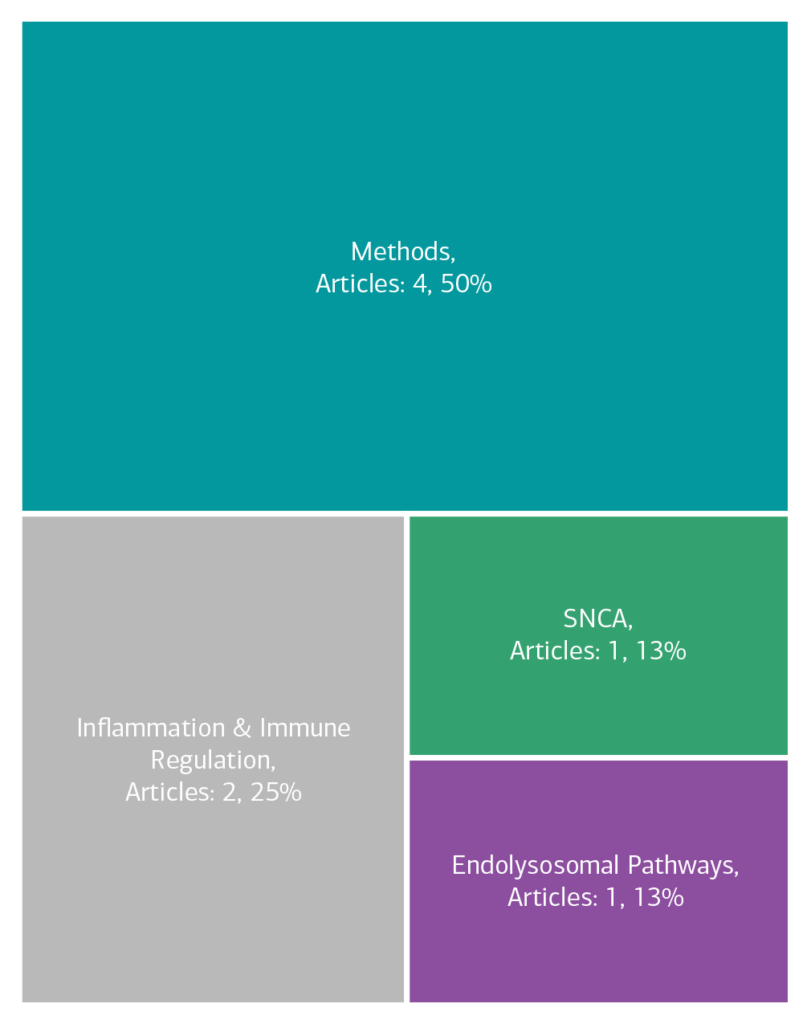
Featured Output
Below is an example of a research output from the team that contributes to the ASAP mission of accelerating discoveries for PD.
Single-cell transcriptomic and proteomic analysis of Parkinson’s disease brains
Performed single-cell transcriptomic and unbiased proteomic analysis of post-mortem medial prefrontal cortex brain tissue in 12 late-stage PD patients compared to age-matched healthy controls. This data provides a single-cell PD database for further investigation of molecular and cellular changes within a region implicated in cognitive and emotional domains, that have further been implicated in PD-related neurodegeneration.
Team Accolades
Members of the team have been recognized for their contributions.
- Network Spotlights: Anthony Russo
- Open Science Champions: Varnica Khetrapal
- Awards
- 2023 Collaborative Meeting: Anjelica Martin (First Place Winner in Neuro-Immune; London)
- COSA Prize Winners 2024: Vidyadhara DJ (Second Place)
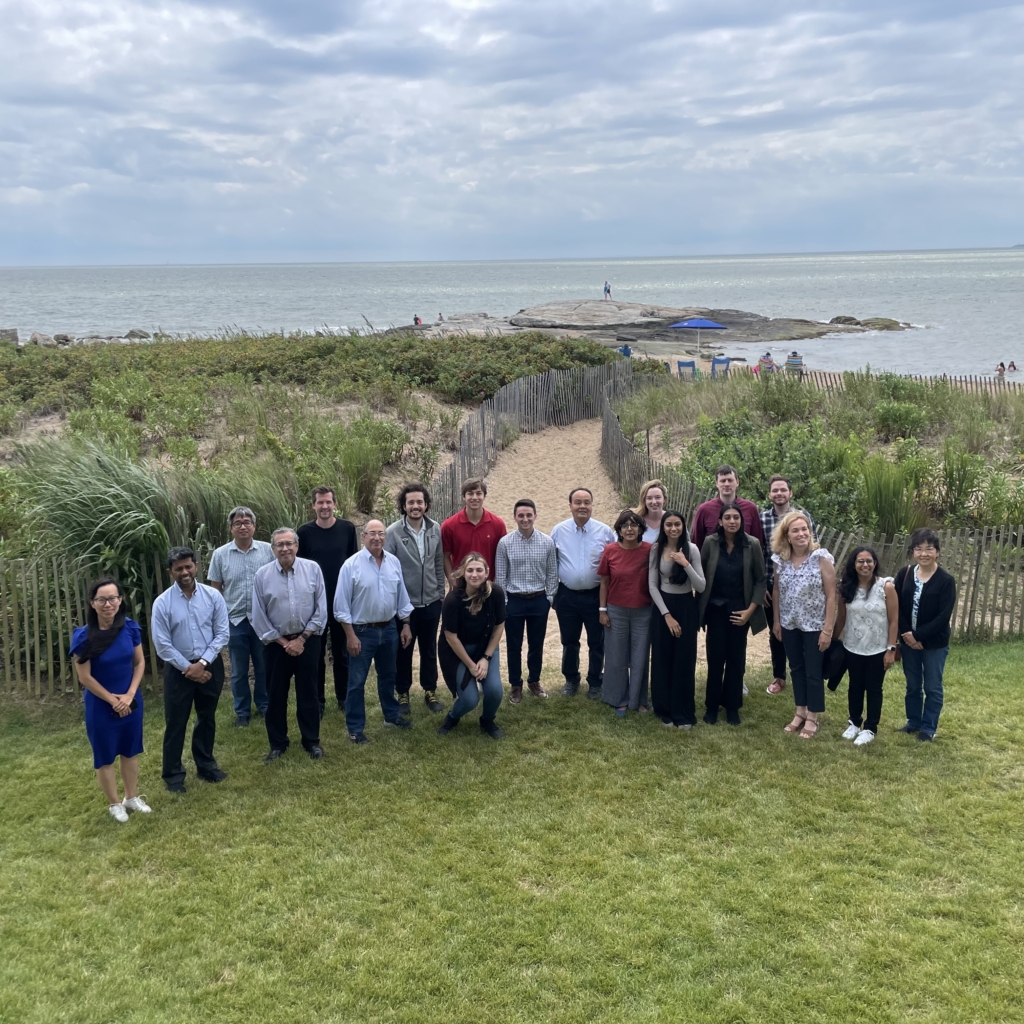
Other Team Activities
- Working Groups: Single Cell Multi(Omics) – Le Zhang (Subgroup Lead)
- Interest Groups: Inflammation & Immune Regulation – David Hafler (Chair)
In the News
- Yale scientists will use $9M grant to create map of gut-brain axis (Parkinson’s News Today, August 15, 2022)
- Yale teams get multi-million-dollar awards to study biology of Parkinson’s (Yale University, September 16, 2020)









